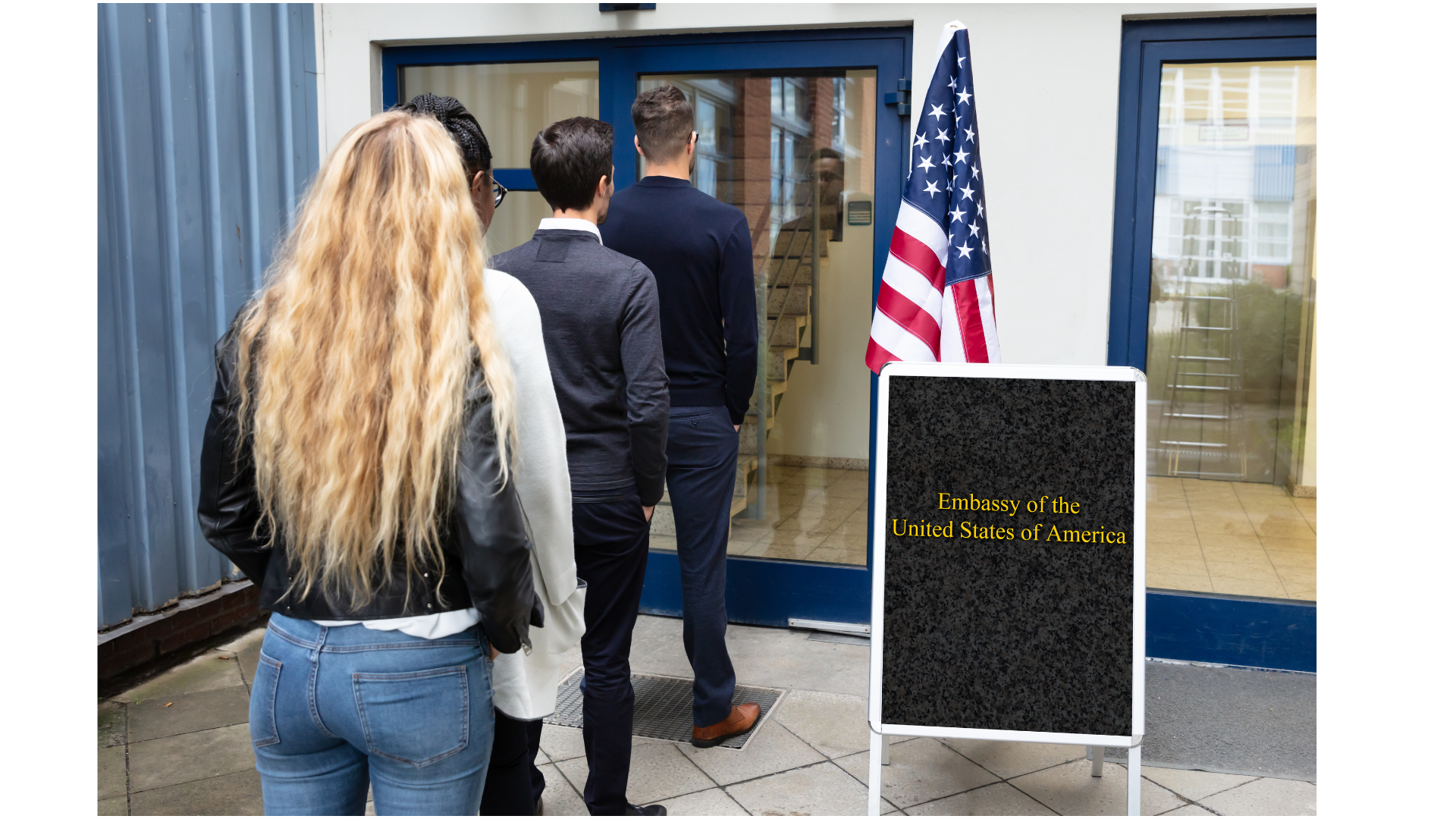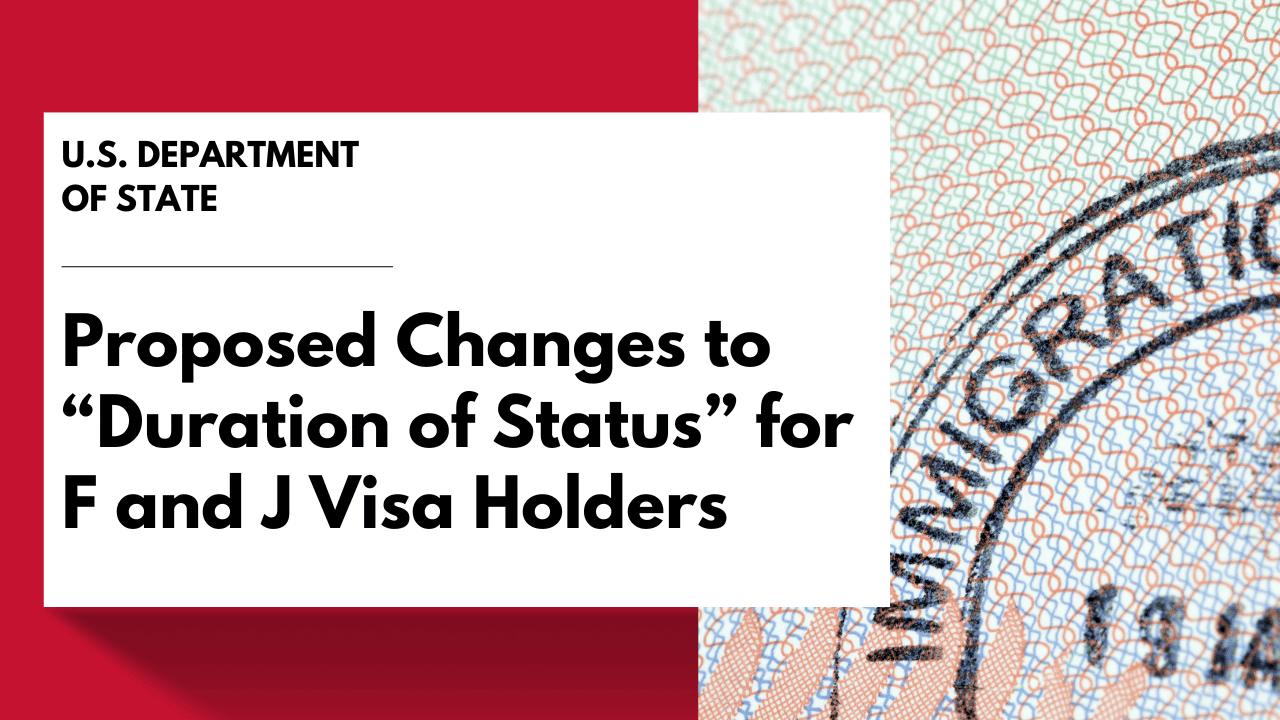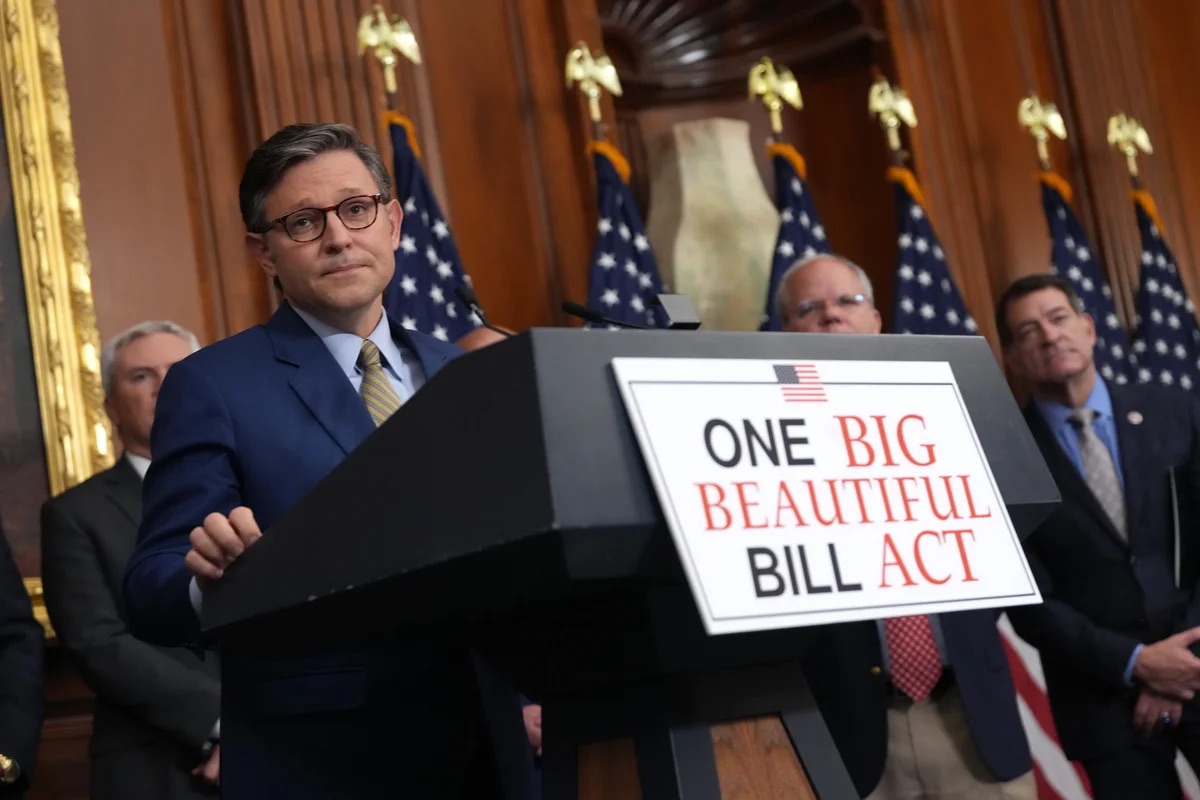The U.S. Department of State has officially reaffirmed a long-standing but often misunderstood rule:
All non-immigrant visa interviews must take place in the applicant’s country of nationality or legal residence.
This clarification, announced on October 10, 2025, reinforces earlier September guidance and signals the government’s intention to strictly enforce location-based interview requirements at all embassies and consulates.
What the Rule Says
According to the Department of State’s directive, titled “Adjudicating Nonimmigrant Visa (NIV) Applicants in Their Country of Residence,” all visa applicants must complete their interviews at:
- The U.S. Embassy or Consulate in their home country, or
- The U.S. Embassy or Consulate in their country of legal residence.
Scheduling interviews in third countries — often done in hopes of finding shorter wait times — will no longer be permitted.
Only limited, exceptional cases may be reviewed outside these parameters.
Why the Rule Matters
This reaffirmation ensures uniformity and fairness in processing worldwide, especially as embassies handle growing demand for student, worker, and exchange visitor visas.
However, it also means:
- Applicants cannot bypass long queues by seeking appointments in neighboring countries (e.g., Korea applicants booking in Japan or Thailand).
- Embassies will strictly verify residence documentation for applicants applying outside their home country.
Expected Effects on Applicants
1. Increased Wait Times in Home Country Embassies
Because all applicants must now book in their country of residence, wait times at busy posts — such as Seoul, Manila, and New Delhi — may rise significantly.
Applicants are advised to schedule at least 5–6 months in advance, especially for academic programs starting in summer or fall.
2. Stricter Documentation Requirements
Applicants living abroad will need to provide proof of long-term legal residence — such as residence cards, work permits, or registration documents — when booking interviews.
Failure to provide sufficient proof can delay or cancel interview appointments.
3. Elimination of “Visa Shopping”
The Department’s move effectively ends the trend of “visa shopping” — scheduling interviews in other countries with shorter wait times.
All interviews must now follow local jurisdiction rules.
How Students and Agencies Should Prepare
- Book Early – Secure appointments as soon as possible after receiving I-20 or DS-2019 forms.
- Prepare Documentation – Gather proof of residence and updated academic or employment documents.
- Stay Flexible – Account for possible embassy delays and adjust travel or program start dates accordingly.
- Educate Applicants – Counselors and education agents should clearly explain that the home-country interview rule is mandatory and globally enforced.
Stanley Prep’s Guidance
Stanley Prep continues to guide students and partner agencies on compliant visa preparation.
We strongly recommend:
- Avoiding third-country interview attempts,
- Monitoring official embassy wait times, and
- Preparing all visa documents thoroughly before scheduling.
Final Take
This rule does not introduce new restrictions — rather, it reaffirms an existing policy that will now be strictly enforced worldwide.
By planning early and following the correct procedures, students and professionals can ensure smooth, compliant visa processing for their U.S. journeys.





